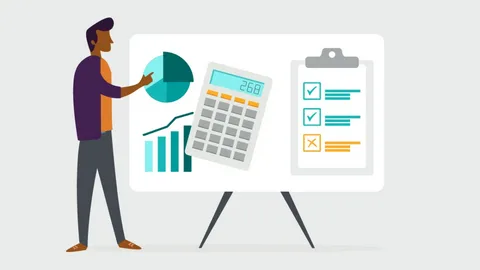Navigating the world of personal finance can often feel like learning a whole new language. Among the most commonly confused terms are “budget” and “spending plan.” Although they might seem synonymous, each approaches financial management differently. Understanding these differences can help you manage your money more effectively and even find relief from debt.
Budgets and Debt Relief
For those struggling with significant debt, sticking to a budget can be an essential part of a debt relief strategy. It helps prioritize essential expenses and debt payments, potentially freeing up more money to accelerate debt payoff.
Understanding Budgets
A budget is traditionally seen as a blueprint for your finances. It maps out how much money you should spend in different categories based on your income and expenses. Budgets are particularly useful for addressing maladaptive financial behaviors such as overspending or unplanned expenses.
Restrictions and Rules
Budgets can be restrictive. They often set strict limits on how much you can spend per category. If you’ve ever felt like a budget is a list of financial “don’ts,” you’re not alone. This rigidity is intentional—it’s about curbing poor spending habits by imposing discipline.
Exploring Spending Plans
In contrast, a spending plan offers a different philosophy. Think of it as a “reverse budget.” Instead of starting with restrictions, a spending plan begins with your goals and values, organizing your spending around what matters most to you.
Freedom and Flexibility
A key benefit of a spending plan is flexibility. It allows for adjustments based on actual spending and doesn’t penalize you as long as you’re meeting your financial goals. This can be especially appealing for those who find traditional budgets too constricting.
Aligning with Goals
Spending plans focus on ensuring that your money is first allocated to your personal and financial goals—whether that’s saving for a house, planning a vacation, or investing in your retirement. This proactive approach encourages you to think about how each dollar can serve your objectives, potentially increasing your satisfaction with your financial decisions.
Comparing the Tools
Both budgeting and spending planning are effective tools, but they serve different purposes and suit different personalities.
- Control vs. Inspiration: Budgets emphasize control over your finances, aiming to cut unnecessary spending. Spending plans, on the other hand, inspire you to spend smartly according to your personal priorities.
- Flexibility vs. Structure: If you need strong boundaries to curb overspending, a budget might work better for you. If you prefer a bit more room to maneuver financially, a spending plan might be more effective.
Which One is Right for You?
Choosing between a budget and a spending plan often comes down to your financial personality and goals. Are you looking for a way to rein in debt and control spending leakages? A budget might be your best bet. Or are you more interested in aligning your spending with your life’s goals while maintaining some flexibility? Then a spending plan would likely suit you better.
Implementing Your Choice
Regardless of which method you choose, the implementation is key.
- Regular Reviews: Both plans require regular review and adjustment to be effective. This might mean weekly or monthly check-ins to assess how well you are sticking to your goals.
- Technology Aids: Use apps and financial tools to track your spending and stay on target. Many digital resources are available to help with both budgeting and spending plans.
Conclusion
Whether you opt for a budget or a spending plan, the ultimate goal is to enhance your financial well-being. By understanding the core principles and benefits of each approach, you can better manage your money, reduce or avoid debt, and achieve your financial objectives. Remember, the best system is the one that you can stick to consistently—because consistency is key in any financial strategy.
